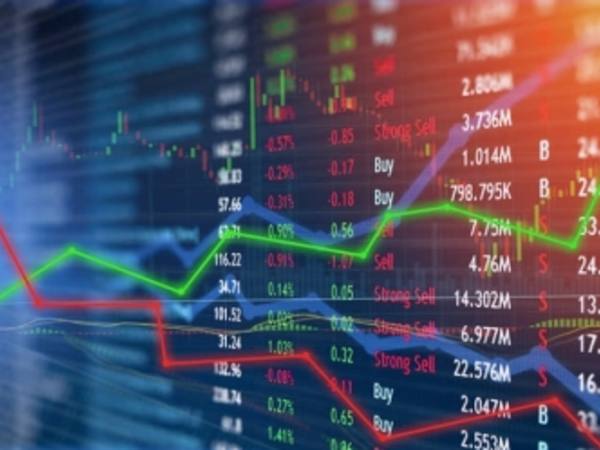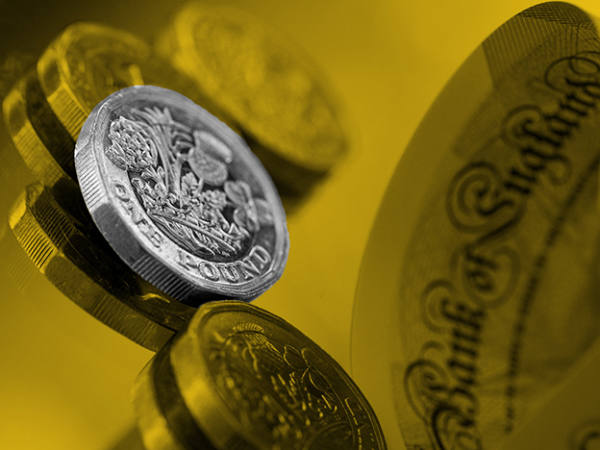- National crises make people do funny things – stockpiling is one of them
- Lessons from history can help us understand why this is often foolish
It’s time to talk about panic buying. Not the kind that sees you exit a rescue centre with two Great Danes, a three-legged spaniel and an aggressive cross-breed who hates postmen; but the kind where you buy enough toilet roll to mummify a blue whale – and it’s not just a 2020 thing.
In 1962, John F Kennedy shocked America with a speech that revealed “unmistakeable evidence” of the Soviet missile threat based in Cuba. A terrified America responded by filling their homes with tinned food, torches, batteries and (of course) toilet paper. Some, keen to profit from this fear, took to knocking on front doors offering apocalypse survival kits and radiation shelters. True to the capitalist ideology they were seeking to protect, 30 shelter firms were established in Atlanta in just a few days. In California, a construction company rebranded to become the Nuclear Survival Corporation, shortly followed by the Peace-O-Mind Shelter Corporation in Texas and Survival-All Incorporated in Ohio. One manufacturer even decided to cater for the luxury market, designing a family shelter with a built-in swimming pool.
In 1999, survival kits were back in demand thanks to scaremongering about the Millennium Bug. This was the growing fear that computers would crash on the turn of the century, having been coded with two digits (assuming the first two were ‘19’) instead of four. Alarm that planes would fall out of the sky and essential infrastructure would fail led panic buyers around the world to stock their homes and shelters with tin cans, candles and toilet roll. In America, gun sales sky-rocketed as citizens bid to protect their families by filling the home with lethal weapons.
In 2008, the panic buying of guns resumed when the election of President Obama threatened Americans with greater gun control. Gun stores across the country saw sales double or even triple in some areas, leading to national ammunition shortage. In 2013, Obama’s re-election was reported alongside the mass shooting at Sandy Hook Elementary School. The two events combined to spark the busiest month ever for gun sales in January 2013. The second busiest is March 2020, which saw Americans buy 2m guns as they hunkered down to face coronavirus.
In 2012, the UK proved it was not immune to unnecessary panic buying. The fuel crisis that had been building up for over a decade came into its own when the Unite trade union (which represented around 2,000 tanker drivers, who deliver fuel to 90 per cent of Britain's filling stations) warned it was considering a strike over health and safety standards. Panic buying ensued, with long queues at garages reported in Banbury, Christchurch and Crawley. Statements from Prime Minister David Cameron and cabinet minister Francis Maude were accused of scaremongering, and Maude faced calls to resign after a mother suffered 40 per cent burns when she tried to decant fuel in her kitchen following his advice to motorists to stockpile petrol in jerry cans. The media response was also held responsible for encouraging tens of thousands of motorists to panic buy, leading to a number of filling stations running out of fuel. A warning from the AA summed up the counter-productivity nicely by stating: "If people begin panic buying we could well have shortages in fuel even before the strike."
In 2020, ‘panic buying’ has become synonymous with ‘lockdown’ (both words will battle it out with ‘social distancing’ and ‘furlough’ to become the Oxford Dictionary’s 2020 word of the year) and it is the media that can largely be held responsible for scaremongering the UK into turning supermarkets into a scene from The Purge. Exaggerated accounts of empty shelves encouraged people to descend on the supermarkets, and since toilet roll is the largest everyday item, it leaves the most conspicuous absence and was the first to get snatched up by panic buyers. When England’s second lockdown was announced, a sense of Armageddon resumed, and social media has been quick to respond with an image of an elderly gentleman staring helplessly at his shopping list in a bare aisle of Sainsbury’s. Sadly, panic buying has grown to represent a society disunited by fear and there is no excuse for it, unless we happen to be undergoing an unspoken adjacent pandemic of explosive diarrhoea.











